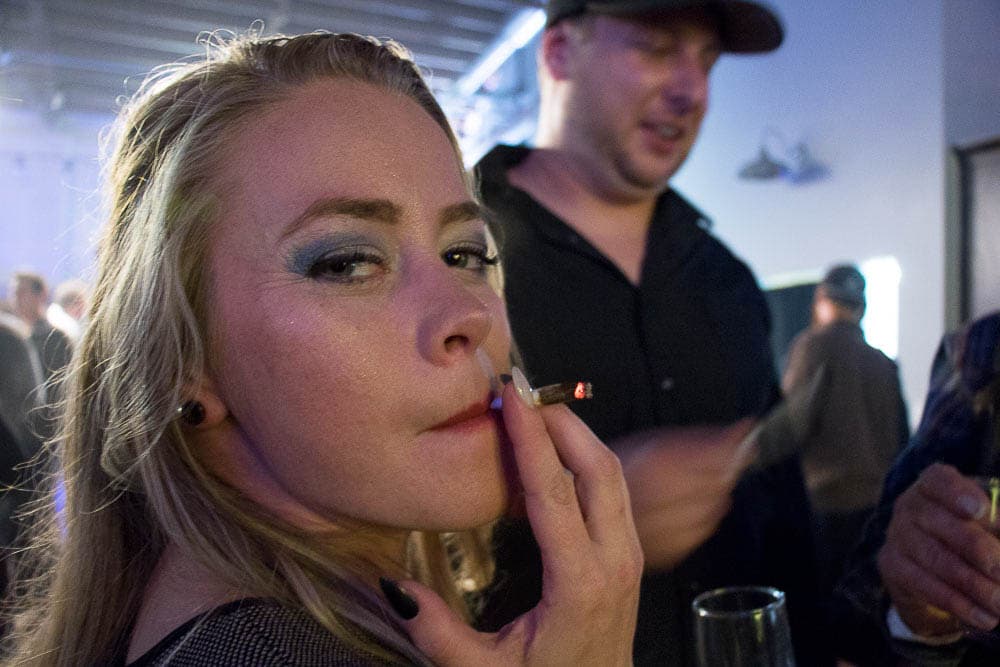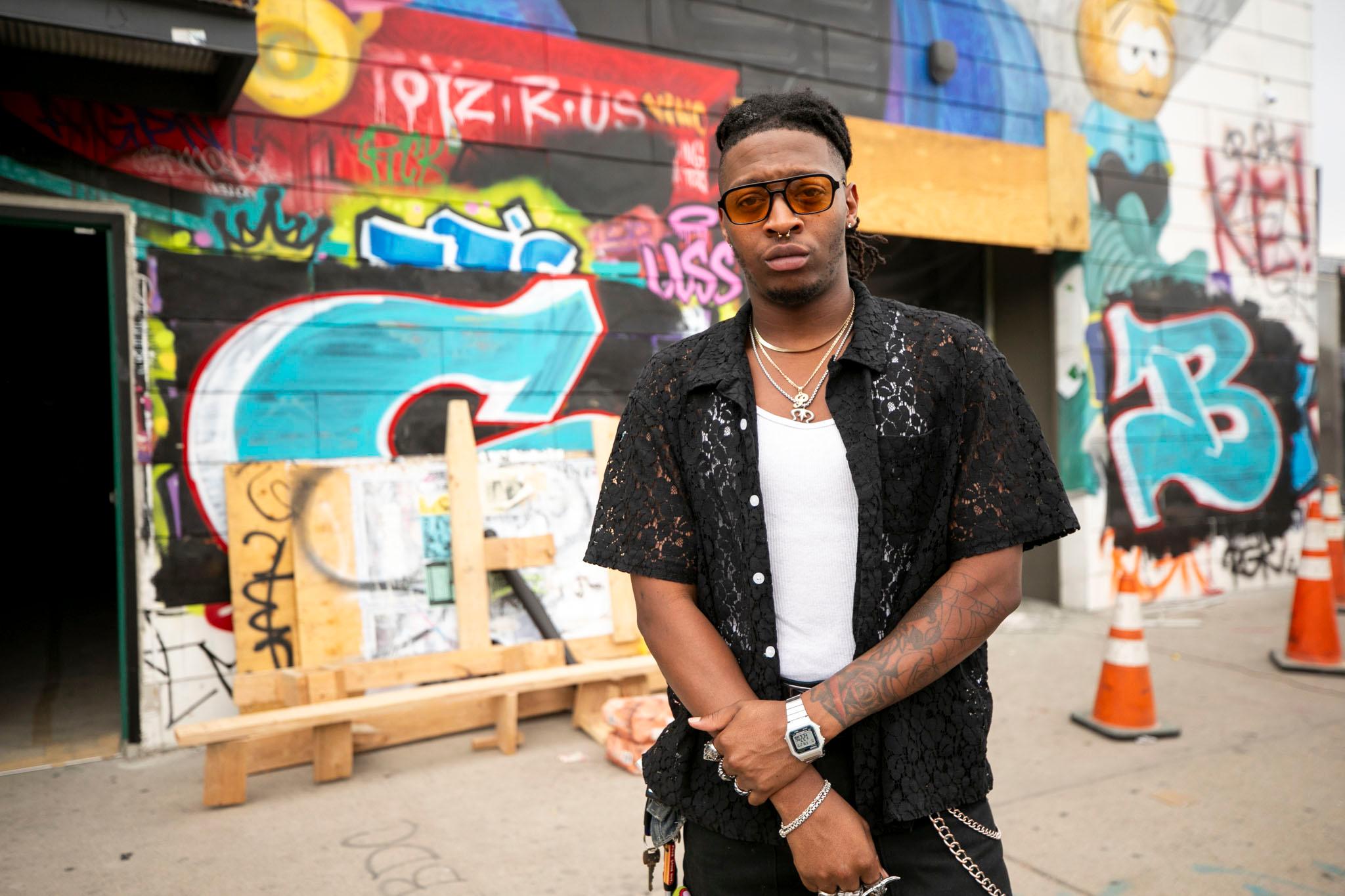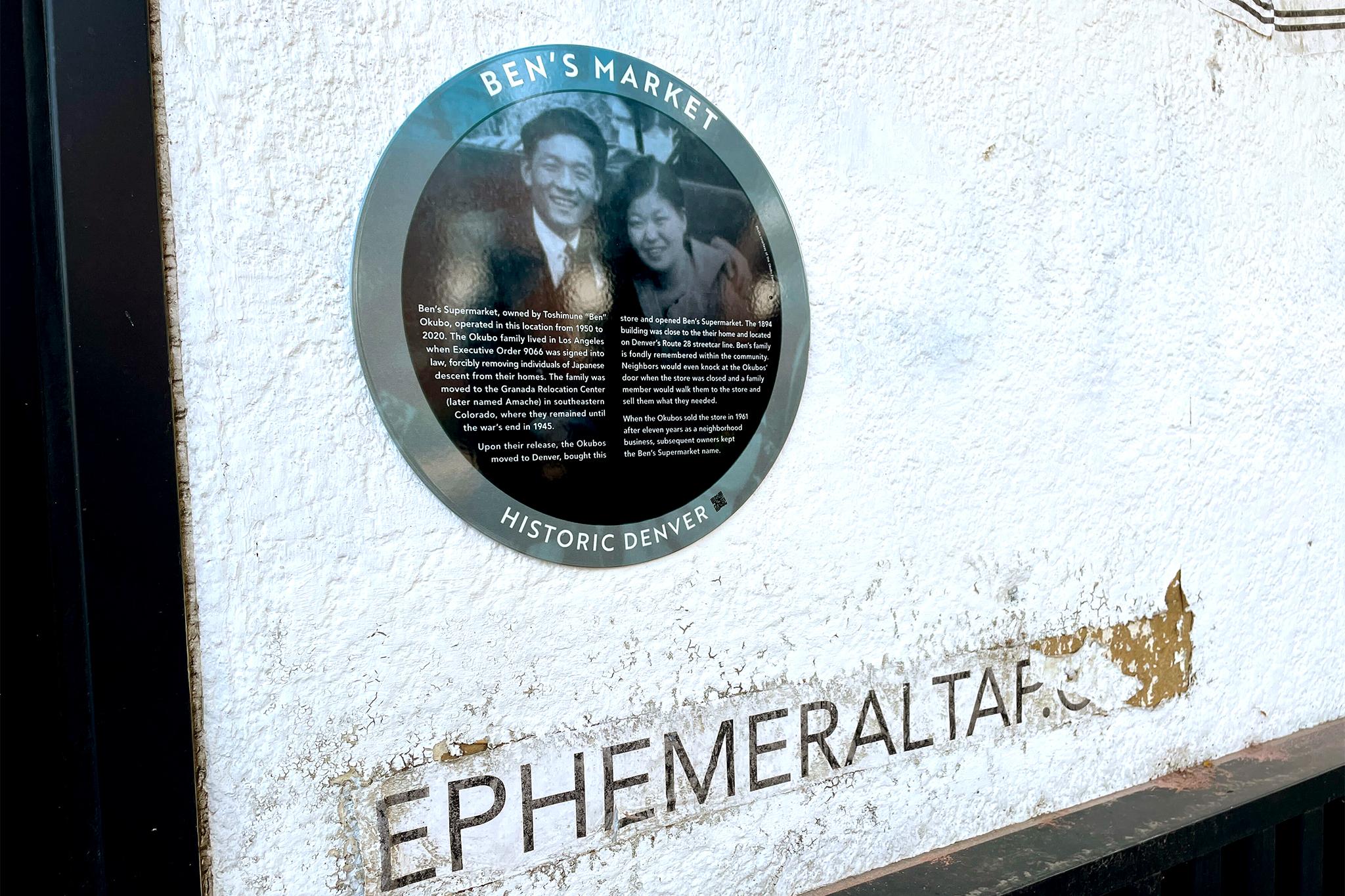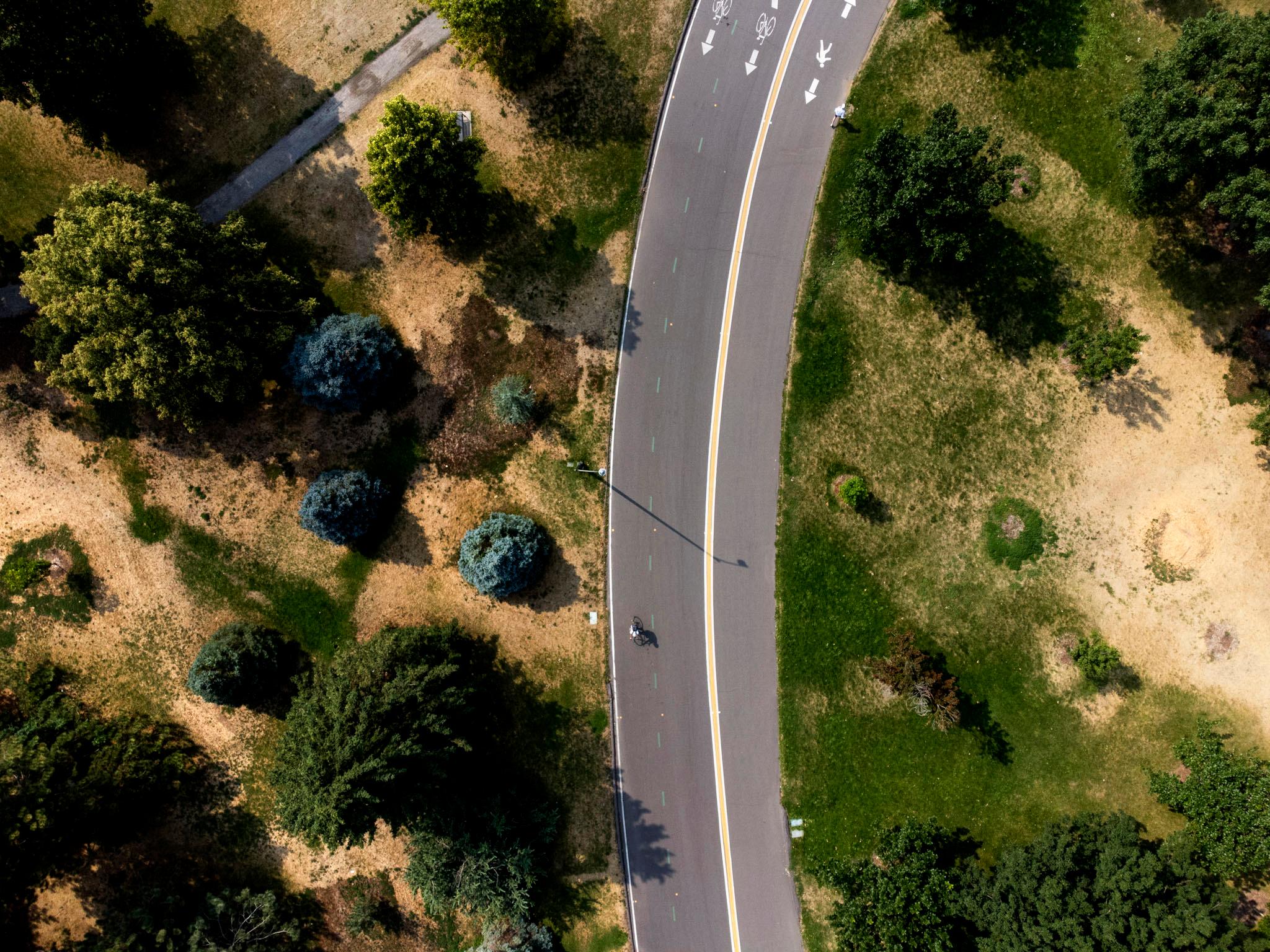
Denver's Social Consumption Advisory Committee is wrestling with what the "open and public" consumption of marijuana actually means as the group helps turn Initiative 300 from a stoner's dream to a reality.
Some believe public spaces include most private businesses — even bars and other places restricted to those 21 and older. If they're right, Denver might have to get creative to ensure I-300 is implemented as intended.
Denver's legal arm recommends that permitted businesses have "some type of restrictions on access" to avoid violating the state's prohibition on the open and public consumption of marijuana, Ashley Kilroy, executive director of Denver Excise and Licenses, told the Social Consumption Advisory Committee last week.
Assistant City Attorney Marley Bordovsky echoed Kilroy's analysis, saying: "'A place to which the public or a substantial number of the public has access' is a public place."
"So that includes every business in town?" her fellow committee member, University of Denver professor Sam Kamin responded.
"Yes, it does," Bordovsky said.
The committee floated ideas to restrict the public from accessing places where marijuana is allowed such as requiring permitted social consumption spots to post clear signage, mandating separate entrances to cannabis consumption areas and having patrons become members or sign waivers.
A bill bobbing its way through the Colorado General Assembly could add another layer of complexity to Denver's discussion about where cannabis users can consume.
Rep. Dan Pabon, D-Denver, and Sen. Bob Gardner, R-Colorado Springs, introduced Senate Bill 184 to allow membership-based pot clubs.
SB 184 would allow private marijuana clubs to operate throughout the state where cities, towns and counties specifically OK them. The clubs are defined as places where marijuana, alcohol and food — except light snacks — can't be sold and only adults 21 older can enter.
A measure backed by NORML that would have allowed for such private cannabis clubs in Denver didn't get enough signatures to make the ballot last year. Instead, voters got to weigh in on Initiative 300, a competing measure that signaled a desire for a variety of places for tourists and residents to consume marijuana that were not necessarily exclusive to members and where food and alcohol could also be sold.
The second part of SB 184 would make the legal definition of "open and public" any place a significant number of people can go without restriction. Under that definition, most businesses would still not be places where marijuana could be used.
The Colorado Municipal League supports the legislation and has argued the state never spelled out where cannabis use is barred after legalizing the use of recreational marijuana.
According to the group, which represents 99 percent of the cities and towns throughout the state, there's a provision in SB 184 that would allow Denver, or even the state, to make its own rules OKing marijuana consumption "on any licensed, publicly accessible business."
Essentially, Denver City Council would have to adopt a resolution or ordinance creating an exception to the state prohibition.
SB 184 made it out of the Colorado Senate on Thursday and was introduced to the House on Friday.
Denver regulators hope to finalize all the rules and start issuing social consumption permits during the summer. City Council can start adding conditions of its own starting in May.
Business & data reporter Adrian D. Garcia can be reached via email at [email protected] or twitter.com/adriandgarcia.
Subscribe to Denverite’s newsletter here.












